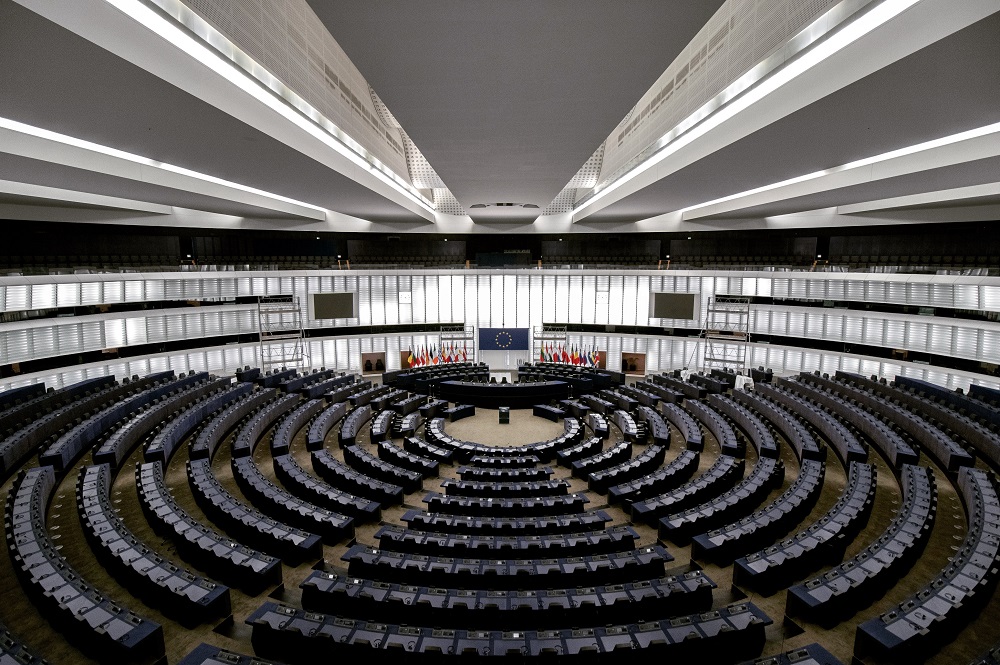

In cooperation with Florence School of Regulation, the BestRES Consortium has organized the European Policy Workshop “RES Aggregators as Enablers of Prosumers and Active Market Participation” at CEER, the Council of European Energy Regulators, in Brussels, on 11th February 2019.
Aggregators should be intermediaries to put “Consumers at the heart of the Energy Union”. Currently, aggregators are mostly acting for large scale and industrial consumers. Consumers, and prosumers, do not have means to trade directly in the energy markets and require the services of an aggregator. Aggregation service providers are therefore central players for the active participation in the energy markets. The regulations in the “Clean Energy for all Europeans” Package envisage a situation in long term prospective where the consumers and prosumers are more integrated in the energy market.
This workshop provided the participants with an overview on the real-life implementation of business models for aggregators acting in the future markets to support prosumers engagement and their clients of decentralized RES production units. The workshop also provided a set of National and European enabling conditions identified during the BestRES project for the uptake of business models for RES aggregation to support policy makers in elaborating strategies and ease the transition towards cleaner sources of energy.
All the presentations of the workshop and related minutes are available for download below.
Download the minutes of the workshop here.
25 February 2019